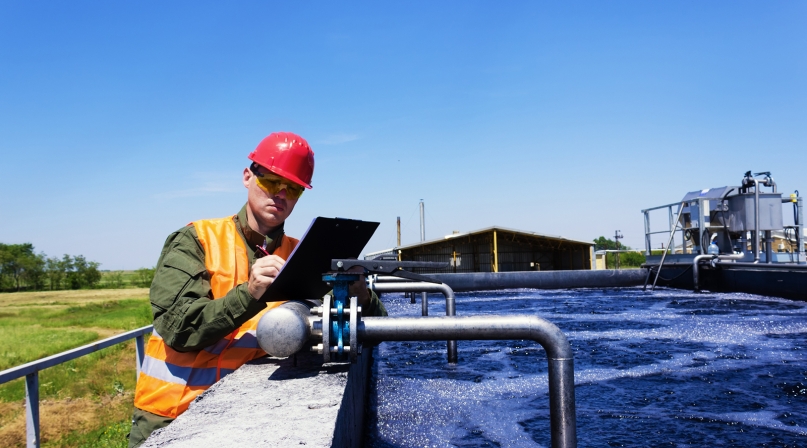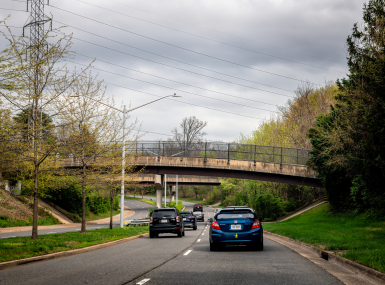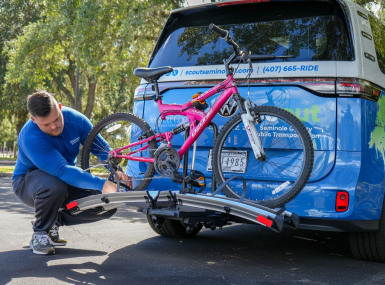House Transportation and Infrastructure Committee introduces bipartisan water infrastructure legislation
Upcoming Events
Related News

Key Takeaways
On March 16, members of the House Transportation and Infrastructure (T&I) Committee introduced bipartisan legislation that would make significant investments to address America’s wastewater infrastructure and local water quality challenges. The Water Quality Protection and Job Creation Act of 2021 would invest over $50 billion for the construction, repair and replacement of the nation’s network of wastewater and stormwater conveyance and treatment facilities from FY 2022 to FY 2026. The bill would increase the amount of federal funds made available to state and local governments through the Clean Water State Revolving Fund (SRF) program—the primary source of federal assistance for wastewater infrastructure construction—which Congress has not reauthorized since 1987.
The legislation represents the first infrastructure proposal introduced by the T&I Committee in the 117th Congress. The bipartisan bill was introduced by T&I Committee Chair Peter DeFazio (D-Ore.), T&I Subcommittee on Water Resources and Environment Chair Grace Napolitano (D-Calif.) and Rep. Brian Fitzpatrick (R-Pa.). During the previous Congress, House Democrats attempted to pass a comprehensive infrastructure package when they advanced H.R. 2, the Moving Forward Act, in July 2020 – though the legislation did not receive consideration in the Senate (find NACo’s analysis of H.R. 2 here). Find T&I’s section-by-section summary here.
Major Provisions
- $2.5 billion in grants over five years to states for implementing state water quality improvement programs
- $1 billion in grants over five years to local governments to carry out watershed, weather and resiliency projects
- $1 billion in grants over five years to eligible entities to carry out alternative water sources projects, such as wastewater or stormwater reuse, to augment the existing water supplies
- $2 billion in grants over five years for sewer overflow and stormwater reuse grants to intercept, transport, control, treat or reuse sewer overflows and stormwater
- $1 billion over five years to local governments to implement treatment standards for per- and polyfluoroalkyl substances (PFAS) and other emerging contaminants.
- $40 billion ($8 billion annually) in capitalization grants for the Clean Water State Revolving Fund (SRF) program
- $2.5 billion in grant assistance over five years s to address the backlog of critical wastewater infrastructure needs for Indian Tribes
As major owners, users and regulators of water resources and systems with the responsibility for funding 95 percent of all local public water infrastructure needs, counties and other local governments are directly impacted by the funding authorized under this legislation. Counties invest $134 billion annually in infrastructure construction and the maintenance and operation of public works, including public water systems and water infrastructure projects.
Resource
Counties and the American Rescue Plan Act Recovery Fund: Clean Water, Sewer & Stormwater Infrastructure

Related News

Local government organizations send letter in support of the BASICS Act to congressional leaders
On February 16, nearly 80 state associations of counties and municipal leagues representing local governments in all 50 states sent a letter to the leaders of the U.S. House Committee on Transportation and Infrastructure and the U.S. Senate Committee on Environment and Public Works expressing their support for the Bridges And Safety Infrastructure for Community Success (BASICS) Act (H.R. 7437) and urging its inclusion in the next surface transportation reauthorization bill.

U.S. House members introduce NACo-endorsed, bipartisan BASICS Act to improve transportation programs for local infrastructure
On February 9, Reps. Kristen McDonald Rivet (D-Mich.) and Robert Bresnahan (R-Pa.) introduced the Bridges And Safety Infrastructure for Community Success (BASICS) Act.
